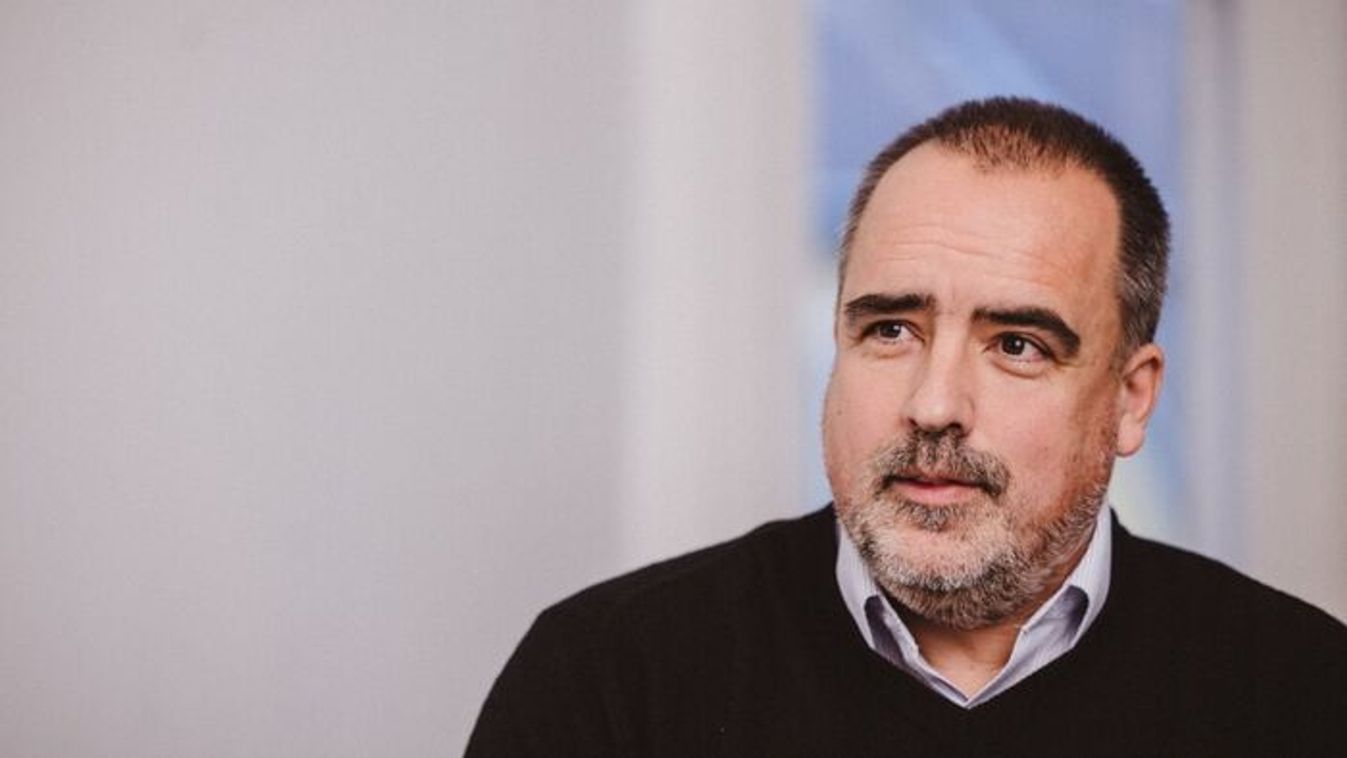Itt a legfrissebb közvélemény-kutatás: így áll most a Fidesz és a Tisza Párt

Továbbra is zajlik a közvélemény-kutatások „háborúja”, utánajártunk, mekkora a valós különbség a Fidesz és a Tisza között.

Critics of the law both inside Hungary and across Europe warn that it gives Orbán and his centre-right Fidesz party too much power over the media.
„Barroso said: »We have expressed some concerns...and what I would like to have from the Hungarian authorities is a clarification of the situation and the lifting of doubts«. Critics of the law both inside Hungary and across Europe warn that it gives Orbán and his centre-right Fidesz party too much power over the media. On Tuesday, France joined Germany, the United Kingdom and other member states that have already openly criticised the law, saying that it is »incompatible« with European press freedoms.
It is unusual for member states to criticise domestic legislation in another member state. But a spokesman for Nicolas Sarkozy, France's president, said that the law was a »profound alteration of the freedom of the press« and that France along with other EU member states wanted it changed. Jean Asselborn, the foreign minister of Luxembourg, said: »The plans clearly violate the spirit and letter of the EU treaties. It raises the question of whether such a country is worthy of leading the EU«. The Luxembourg-based, German-owned media company RTL has clashed with Orbán in the past.
Werner Hoyer, Germany's deputy foreign minister, said: »It is a reason for serious concern if there's only the smallest suspicion that media freedom in a member state of the EU is subject to a control of its content«. Guido Westerwelle, Germany's foreign minister, called his Hungarian counterpart, János Martonyi, before Christmas to discuss possible changes to the law.
Speaking in Budapest yesterday, Martonyi rejected the criticisms. »Do you seriously think that this country is on the road to becoming an authoritarian country? I mean this is ridiculous«, he said. He described his country as a »very vibrant, sometimes very aggressive democracy«. In a letter sent to Neelie Kroes, the European commissioner for the digital agenda, Hungary said the law was fully in line with EU rules and norms.”
